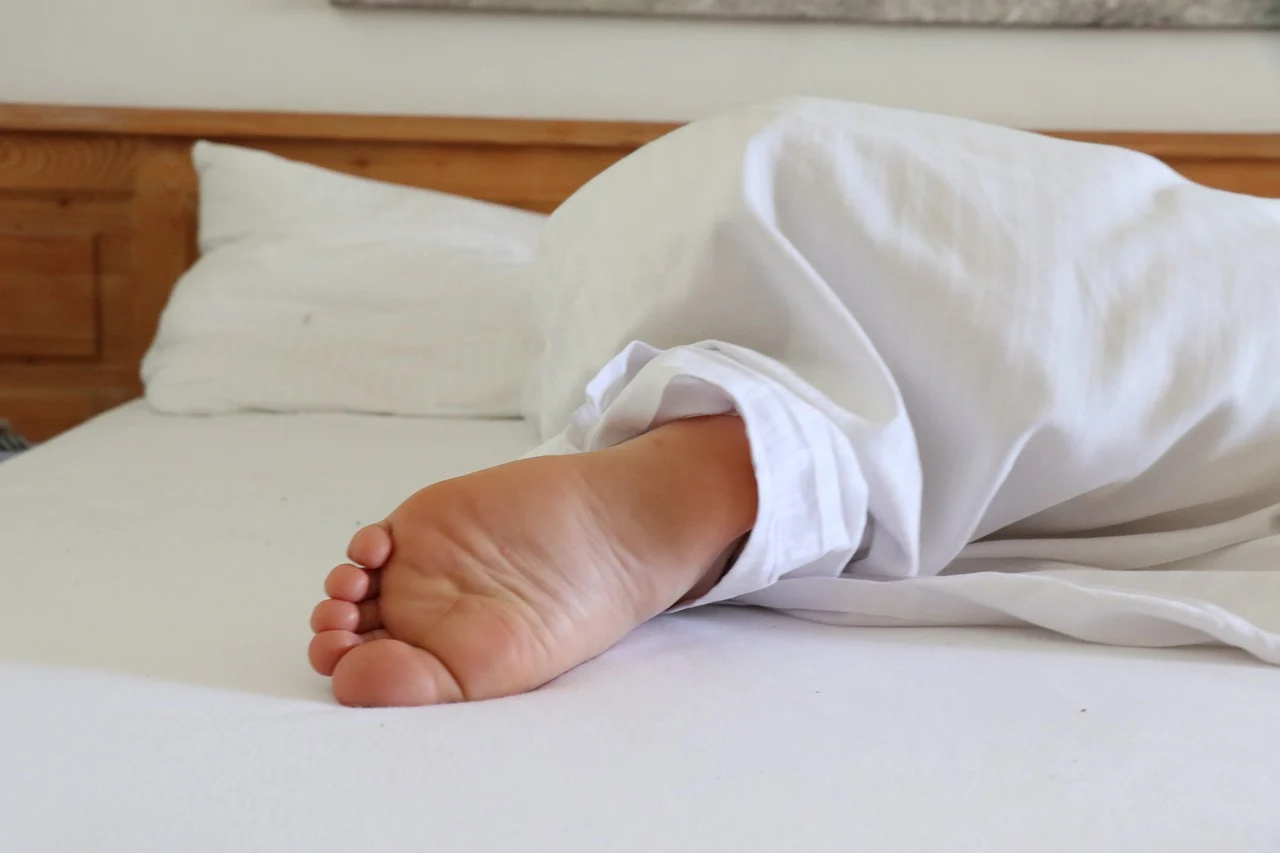Sleep is often overlooked in discussions about physical performance, yet it plays a crucial role in optimizing athletic abilities, recovery, and overall health. Whether you’re an elite athlete, a weekend warrior, or someone simply looking to stay active, understanding the relationship between sleep and physical performance can be a game-changer. This article delves into the science behind sleep’s impact on the body, its influence on athletic capabilities, and practical strategies to harness the power of rest for better results.
Why Sleep Matters for Physical Performance
Sleep is not just a period of rest; it’s a dynamic process during which the body undergoes critical repair and regeneration. For athletes and individuals engaged in physical activity, sleep serves as a natural performance enhancer. Here’s how:
- Muscle Recovery and Growth
During deep sleep stages, the body releases growth hormone (GH), which is essential for muscle repair and development. Intense workouts cause microscopic tears in muscle fibers, and sleep provides the environment necessary for these tissues to heal and grow stronger. Without adequate rest, recovery slows down, increasing the risk of overtraining and injury. - Energy Restoration
Sleep replenishes glycogen stores in muscles and the liver, which are vital energy reserves used during physical activity. Poor sleep can lead to depleted glycogen levels, resulting in fatigue and reduced endurance during exercise. - Cognitive Function and Reaction Time
Physical performance isn’t just about strength and stamina—it also involves mental sharpness. Sleep deprivation impairs cognitive functions such as decision-making, focus, and reaction time. For athletes who rely on split-second decisions, like soccer players or sprinters, even minor reductions in sleep quality can have significant consequences. - Immune System Support
Regular physical activity places stress on the immune system, making athletes more susceptible to illnesses. Sleep strengthens immunity by promoting the production of cytokines, proteins that help fight infections and inflammation. Consistent lack of sleep weakens this defense mechanism, leaving individuals vulnerable to frequent colds or other ailments that could sideline their training. - Hormonal Balance
Sleep regulates hormones that directly affect physical performance. For example, insufficient sleep increases cortisol (the stress hormone) levels, which can hinder muscle recovery and promote fat storage. Additionally, poor sleep disrupts leptin and ghrelin, hormones responsible for hunger and satiety, potentially leading to unhealthy eating habits that compromise fitness goals.
The Science Behind Sleep Stages
To fully appreciate sleep’s role in physical performance, it’s important to understand its different stages:
- Stage 1 (NREM): The transition phase between wakefulness and sleep, lasting only a few minutes. While light, this stage primes the body for deeper rest.
- Stage 2 (NREM): Heart rate slows, body temperature drops, and brain activity decreases. This stage accounts for approximately 50% of total sleep time and is crucial for energy conservation.
- Stages 3 and 4 (Deep NREM Sleep): Known as slow-wave sleep, these stages are where the magic happens—muscle repair, tissue growth, and immune system strengthening occur here.
- REM Sleep: Rapid Eye Movement (REM) sleep is when dreaming occurs. It’s also linked to memory consolidation, emotional regulation, and motor skill learning—all of which contribute to improved athletic performance.
Each stage plays a unique role, and disruptions in any part of the cycle can diminish the benefits of sleep.
How Lack of Sleep Affects Performance
When sleep is compromised, the effects ripple through every aspect of physical performance:
- Decreased Strength and Power: Studies show that even one night of poor sleep can reduce grip strength, vertical jump height, and sprint speed.
- Reduced Endurance: Sleep-deprived individuals experience quicker exhaustion during cardio-based activities due to impaired oxygen uptake and increased perceived effort.
- Impaired Coordination: Fine motor skills and balance suffer without sufficient rest, increasing the likelihood of accidents or injuries.
- Delayed Recovery: Chronic sleep deprivation prolongs recovery times, making it harder to bounce back after intense workouts or competitions.
- Mood Swings and Motivation Loss: Sleep affects neurotransmitters like serotonin and dopamine, which regulate mood. Fatigue often leads to irritability, low motivation, and a negative outlook toward training.
Optimizing Sleep for Better Physical Performance
Improving sleep quality doesn’t require drastic changes—it starts with small, consistent habits. Here are some evidence-based tips to enhance your rest and maximize physical performance:
- Stick to a Consistent Schedule
Going to bed and waking up at the same time every day helps regulate your circadian rhythm, ensuring better sleep quality. - Create a Sleep-Friendly Environment
Keep your bedroom cool, dark, and quiet. Consider investing in blackout curtains, earplugs, or white noise machines if needed. - Limit Screen Time Before Bed
Blue light emitted by phones, tablets, and computers interferes with melatonin production, the hormone responsible for inducing sleep. Aim to unplug at least an hour before bedtime. - Watch Your Diet
Avoid heavy meals, caffeine, and alcohol close to bedtime, as they can disrupt sleep patterns. Instead, opt for light snacks rich in tryptophan, such as bananas or almonds, which promote relaxation. - Incorporate Relaxation Techniques
Practices like meditation, deep breathing exercises, or gentle yoga can calm the mind and prepare the body for restful sleep. - Prioritize Duration
Most adults need 7-9 hours of sleep per night, while athletes may benefit from slightly more (8-10 hours). Listen to your body and adjust accordingly. - Nap Strategically
Short naps (20-30 minutes) can boost alertness and performance without interfering with nighttime sleep. However, avoid long naps late in the day.
Real-World Examples
Professional athletes recognize the importance of sleep and prioritize it as part of their training regimen. NBA superstar LeBron James reportedly sleeps 8-10 hours per night, crediting his longevity and peak performance to proper rest. Similarly, Olympic swimmer Michael Phelps emphasized the role of sleep in his recovery strategy during his record-breaking career.
Even amateur athletes can adopt similar practices. For instance, runners preparing for marathons often increase their sleep duration in the weeks leading up to the event to optimize their performance on race day.

Leave a Reply